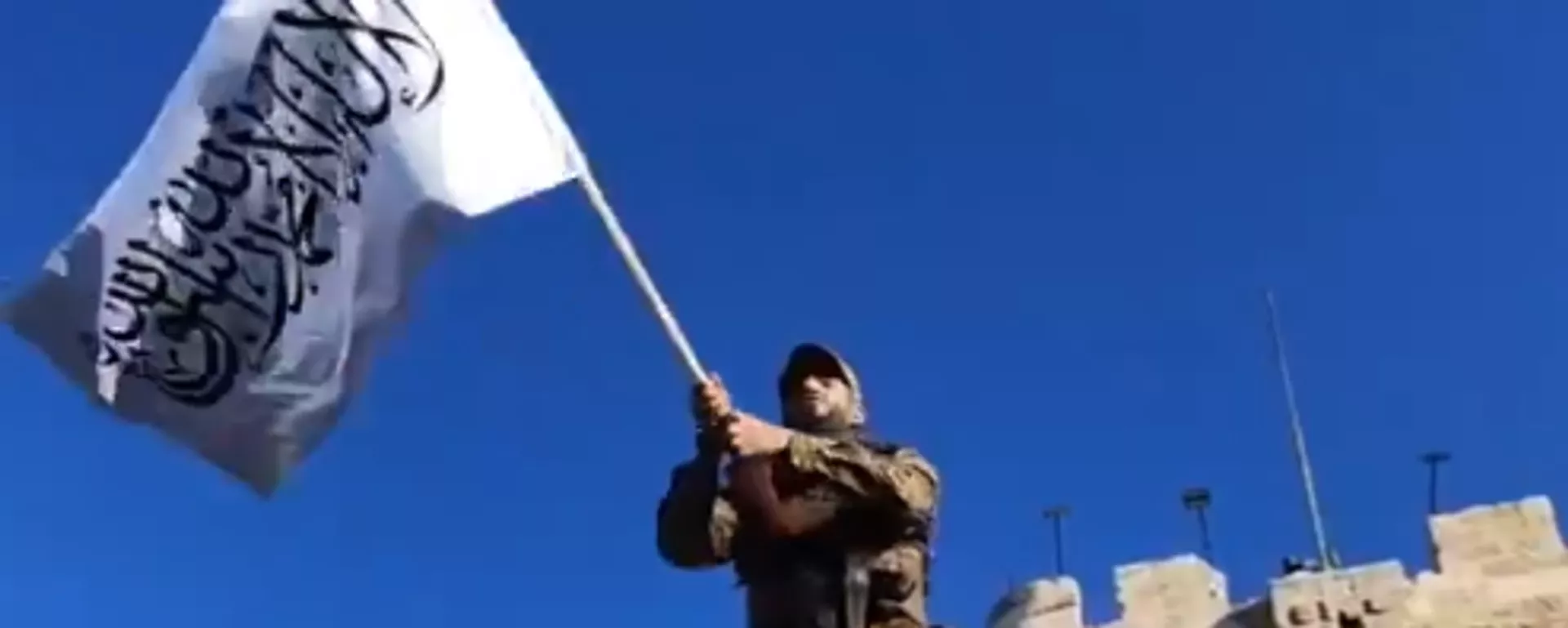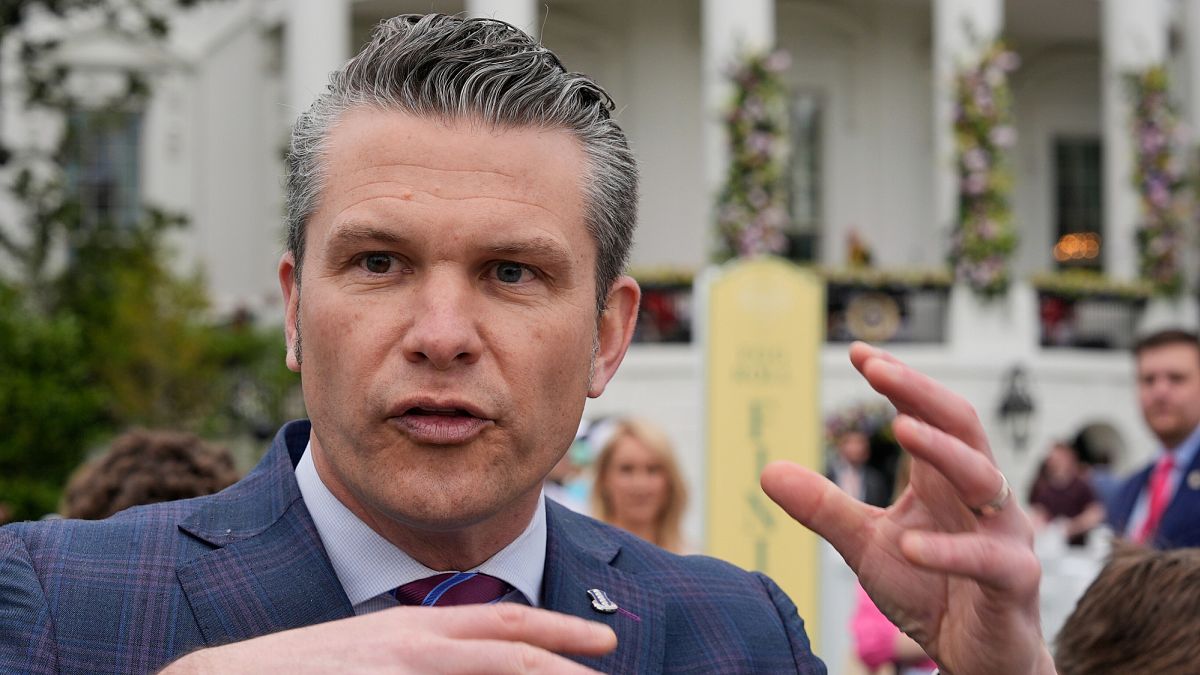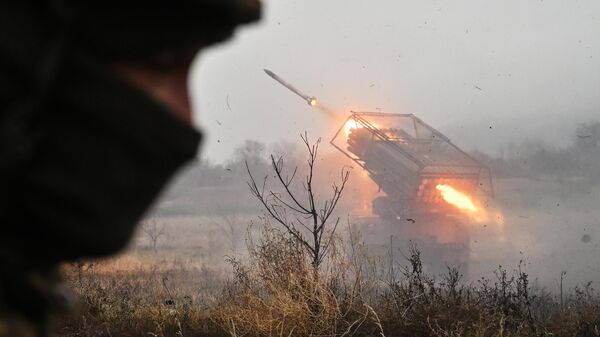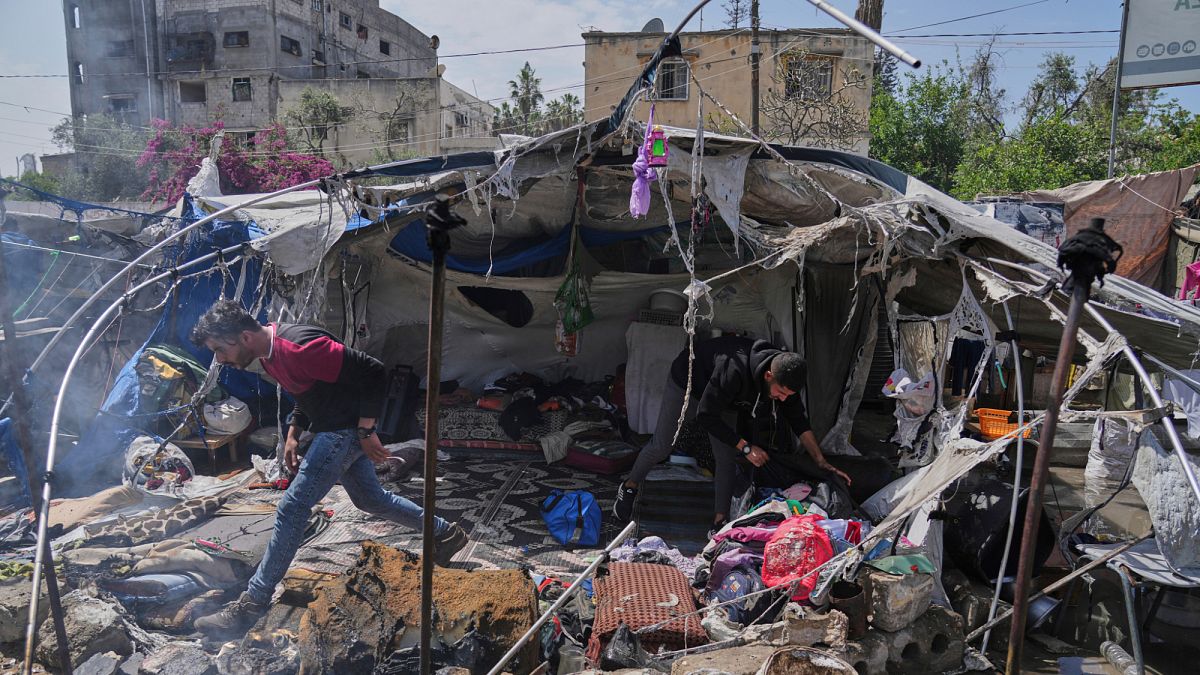Moscow has called for restraint from all parties in the unraveling conflict in Syria.
"The situation has sharply escalated in recent days due to the clearly premeditated aggressive offensive on government forces by Hayat Tahrir al-Sham (former Al-Nusra Front*), an organization designated by the UN Security Council as a terrorist group, which has been joined by several smaller factions," Lavrov said during a press conference following his visit to Doha.
He emphasized the urgent need to stop the hostilities and said that Russia would actively oppose any attempts by HTS militants to change the situation on the ground in Syria.
"We are absolutely convinced of the inadmissibility of using terrorists like Hayat Tahrir al-Sham to achieve geopolitical goals, as is happening now with the organization of this offensive from the Idlib de-escalation zone," Lavrov explained during a session at the Doha Forum.
The main task now in the situation surrounding Syria, according to Lavrov, is to halt the clashes.
UN Special Envoy for Syria Geir Pedersen has promised to involve influential external actors to stop the fighting and resume negotiations between the government and opposition, Lavrov added.
The top Russian diplomat also reiterated Moscow's efforts to counteract terrorism in Syria: "We are doing everything to prevent terrorists from gaining the upper hand, even if they claim that they are no longer terrorists."
"On the military front, Russia is helping the Syrian army with support from the [Russian Aerospace Forces], based in Khmeimim, and we assist the Syrian army in repelling terrorist attacks," he added.
Additionally, Lavrov stated that Russia, along with Iran and Turkiye, will take steps to ensure that calls for de-escalation in Syria are heard.
The terrorist group Hayat Tahrir al-Sham, along with several armed factions from the so-called Syrian armed opposition, launched a large-scale operation on November 29, advancing from northern Idlib towards the cities of Aleppo and Hama. By the following day, November 30, the second-largest city in Syria, Aleppo, along with its surroundings, including the international airport and the Kuweires military airbase, came under the control of the terrorists.
This marked the first time that the militants had fully taken over Aleppo since the beginning of the Syrian crisis in 2011. Until late 2016, the armed opposition controlled only the eastern part of the city, which was recaptured by the Syrian army with Russian air support.
After the capture of Aleppo, the terrorist units attempted to advance towards the city of Hama, capturing the town of Maaret al-Numan. The Syrian army fought off heavy terrorist attacks in the Hama province from three directions for several days, preparing for a counteroffensive. However, on December 5, the SAR military command officially announced the redeployment of its units from the city of Hama.
The city of Hama, located in central Syria, has been under the control of the Syrian army throughout the conflict, which began in the spring of 2011. Hama holds strategic geographic importance, lying between the provinces of Homs and Damascus and connecting through mountain ranges to the Latakia province.
The last attempt at an armed insurgency by radical Islamist underground forces, supported by the Muslim Brotherhood*, in Syria’s fourth-largest city took place in 1982. At that time, thanks to prompt action by the Syrian military command, the city was freed from terrorist groups, and control was restored to official authorities.
*terrorist groups banned in Russia and many other countries

 4 months ago
30
4 months ago
30







 We deliver critical software at unparalleled value and speed to help your business thrive
We deliver critical software at unparalleled value and speed to help your business thrive






 English (US) ·
English (US) ·